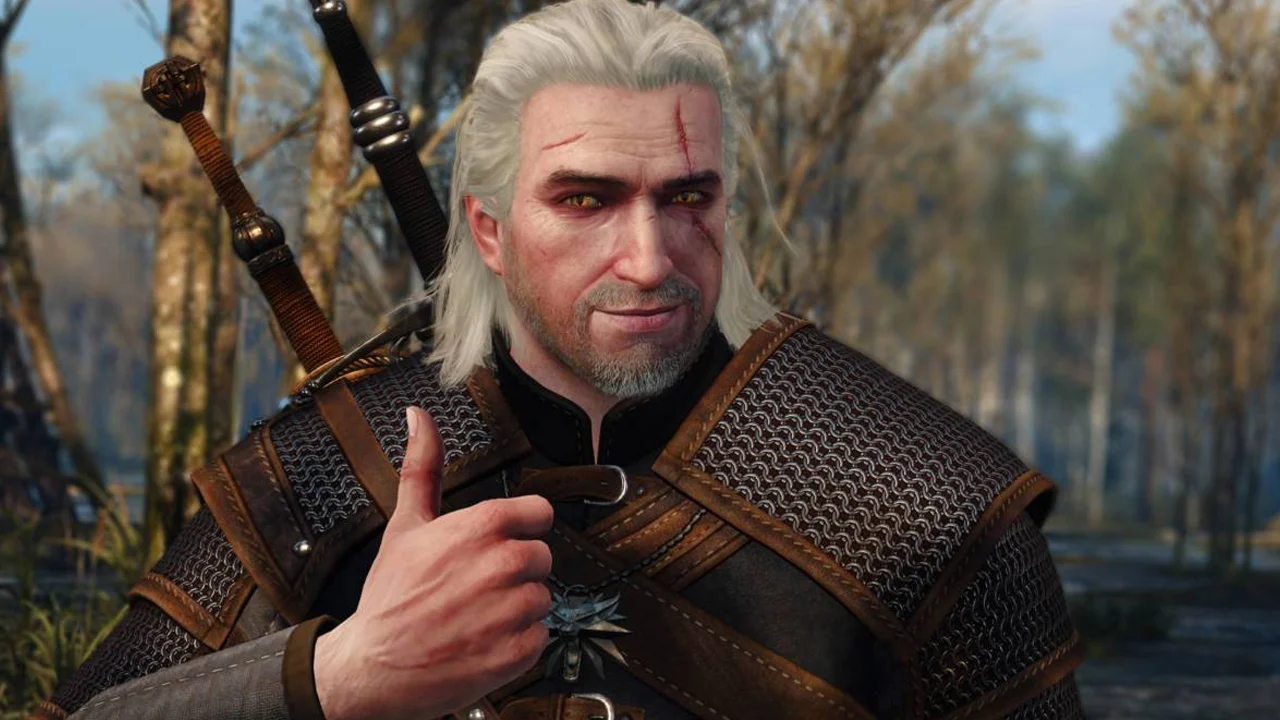Compared to a novel, a short story is usually overlooked as a type of art, but this singular work of fiction deserves a closer look. A short story can give a reader all the compelling drama, characters, and descriptive language of good fiction, though in a truly compact form. Just like a book or any other type of content, your short story also needs to have a professional short story editor.
An editor can help to polish your work so that it stands out on the market. In this way, you can be sure that your audience can read your short story from the start to the finish. This post discusses a short story editor and everything you need to know about them.
Understanding a short story
A short story is simply a work of prose fiction that a person can read in one sitting, which can be at least 20 minutes to an hour. Remember that a short story doesn’t have a maximum length, though the average tends to be between 1,000 words and 7,500 words. You can also find some outliers that may reach up to 10,000 words or even 15,000 words.
Think about this, a short story tends to have at least 10 to 25 pages, so this makes it shorter than a novel, though a couple of them can approach novella length. Ideally, a piece of fiction that has less than 1,000 words is regarded as flash fiction or a very short story.
The setting of short stories is usually simplified when it comes to time and place, and may have one or two main characters that can be introduced without an entire back story. In this concentrated and concise format, every story detail and the word needs to work hard.
A short story usually concentrates on a single plot rather than several subplots that you may see in a novel. Some short stories have a traditional narrative arc and can have a description at the beginning, increasing action, a peak moment of action or conflict, and a resolution at the end. But contemporary short fiction tends to start in the middle of the action so that it can draw readers straightaway into a dramatic scene.
In the past, short stories usually focused on a central theme or even a moral lesson. Today, it’s common to find many short stories that have evasive endings. This form of unresolved short stories invites open-ended readings and requires a complex understanding of human behavior and reality.
The short story genre is ideal for experimentation in prose writing form and style, though many short story writers still try to create a unique mood utilizing classic literary devices, such as imagery, point of view, metaphor, foreshadowing, sentence structure, tone, and many more.
While a novel writer has the chance of using tons of words to help them flesh out a story, authors of short stories don’t have this luxury. Instead, you need to make sure that every word counts because you may not have the opportunity to flesh out everything. Besides, there is little room for side plots. Therefore, your focus needs to be razor-sharp, with each detail associated with the story you have decided to write. As a short story author, your goal must be to emphasize the importance of each scene and character.
The best short story editors and writers know the art of brevity and understand precisely the beginning and end of a story. A good short story editor can bridge gaps and remove unnecessary material, meaning they can assist you to refine your writing to make sure you don’t waste any words. As a result, everything the reader needs to have to enjoy your short story can be in the right place.
Hiring a short story editor
It’s a good idea to exhaust all your free resources, such as writing groups and beta readers before you decide to work with a short story editor. This can lower costs while you are attempting to polish your short story. That said, a short story editor can also help you in the early stages. You can find some editors that provide outline review services and even mentoring services to assist and steer you in the right direction before creating the first draft.
It’s worth remembering that an editor can help you if you have an outline, draft, or proposal. You can also decide to work with an editor during the developmental stages.
There are usually three broad areas of editing. One of these is called line editing which focuses on the feeling and flow of your language. There is also proofreading that seeks to fix only spelling, grammar, and factual errors. Lastly, there is structural or developmental editing that focuses on the characters, plot, and story as a whole.
In most cases, an editor can specialize in any of these areas. Therefore, you must figure out the type of editing that can give your story a powerful impact. As you can see, it makes sense to pay attention to the type of services your potential editor provides.
Also, make sure that you check what is or what is not included in the services so that you can know what to expect. Unfortunately, many novice writers think that an editor can make major changes to their short story on their behalf, but this is not always the case.
For example, a developmental editor can offer you a report or a letter that explains the potential problems in your story and possible solutions. Therefore, it’s up to you to make sure that you do these tasks. The best thing you can do to benefit from a short story editor is to choose a person who combines both develop
mental and line editing. In this way, you can have a strong structural look to your story.
In conclusion, an editor meets their obligation once they finish the work. Many editors can look at specific scenes, sections, and chapter revisions, but they may not edit the whole work a second time. Most writers tend to optimize the revision process by utilizing a team of editors because a single editor can identify errors another editor may have missed.

“Beer practitioner. Pop culture maven. Problem solver. Proud social media geek. Total coffee enthusiast. Hipster-friendly tv fan. Creator.”





